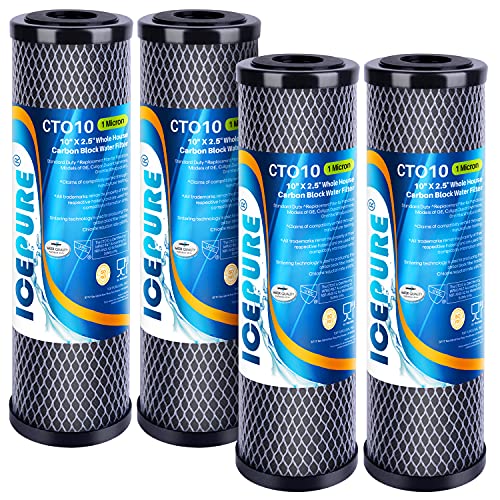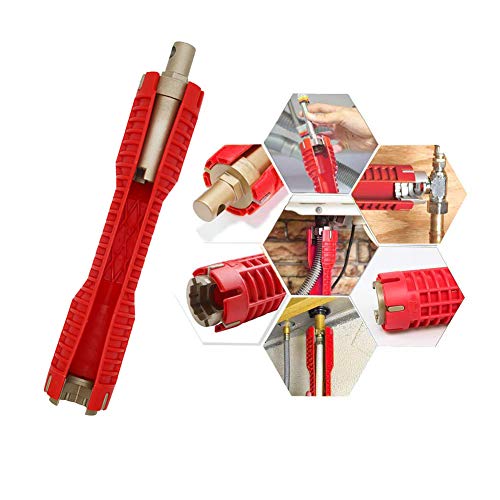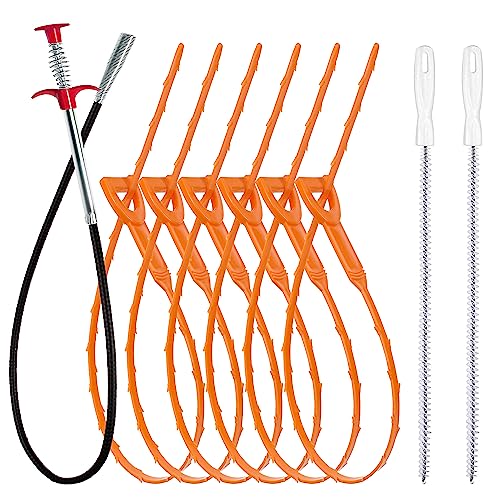First thank you everyone who could help.
Let me start by saying I've read quite some on the subject and know about the need for p-traps, their tendency to dry over time if not used or during the winter, the clogged vents preventing air from coming in when water flushes down and/or sucking water out of p-traps etc.
Not to brag, of course, just trying to cut to the chase if possible.
The problem is this: we have a sewer smell in the office when next suite (commercial kitchen) is operating. If they do not operate we're good.
After eliminating AC as a source (it definitely contributes to moving the smell around though as there are both grills and return in the room) we ended up calling a pro who did smoke the building to no avail.
He said the 4 vents at the roof were puffing like canons and if he had increased pressure gas would have started to come out of sinks.
SO long story short the smoke did NOT help find the source. He smoked from the top and also from the bottom - where the city pipe enters the building and at the grease trap (not sure why or where - probably after it).
Same nothing.
My question, which he unfortunately failed to answer, is what is next?
I am trying to figure out how is it possible for gas to get to us reliably when kitchen operates and then not when smoked.
One thing I am missing so far is the knowledge of what exactly triggers it. Tried filling the 3-compartment sink in the kitchen and releasing them together and didn't get any smell.
Let me start by saying I've read quite some on the subject and know about the need for p-traps, their tendency to dry over time if not used or during the winter, the clogged vents preventing air from coming in when water flushes down and/or sucking water out of p-traps etc.
Not to brag, of course, just trying to cut to the chase if possible.
The problem is this: we have a sewer smell in the office when next suite (commercial kitchen) is operating. If they do not operate we're good.
After eliminating AC as a source (it definitely contributes to moving the smell around though as there are both grills and return in the room) we ended up calling a pro who did smoke the building to no avail.
He said the 4 vents at the roof were puffing like canons and if he had increased pressure gas would have started to come out of sinks.
SO long story short the smoke did NOT help find the source. He smoked from the top and also from the bottom - where the city pipe enters the building and at the grease trap (not sure why or where - probably after it).
Same nothing.
My question, which he unfortunately failed to answer, is what is next?
I am trying to figure out how is it possible for gas to get to us reliably when kitchen operates and then not when smoked.
One thing I am missing so far is the knowledge of what exactly triggers it. Tried filling the 3-compartment sink in the kitchen and releasing them together and didn't get any smell.
Last edited:






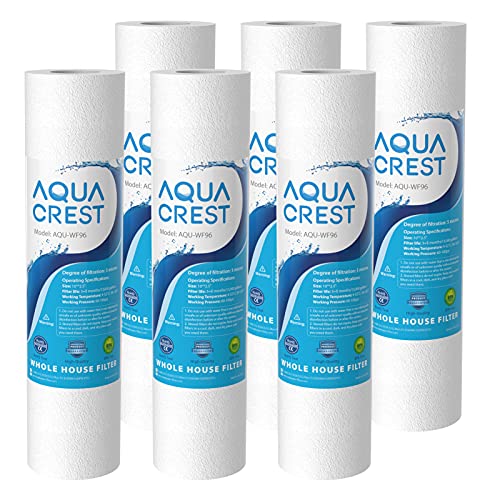
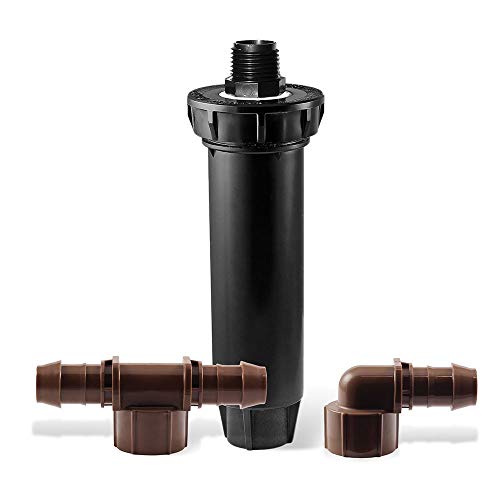






![MEISTERFAKTUR drain snake 2.0 [50 FT] - with drill attachment - Ideal plumbing snake for sink and drain unblocking - Solid drain auger for real DYIs! (50 FT - 1/4 inch)](https://m.media-amazon.com/images/I/41VwmTiOsgL._SL500_.jpg)


















